All Photos(1)
About This Item
Empirical Formula (Hill Notation):
C10H12O
CAS Number:
Molecular Weight:
148.20
EC Number:
MDL number:
UNSPSC Code:
12352100
PubChem Substance ID:
NACRES:
NA.22
Assay:
98%
Recommended Products
Quality Level
Assay
98%
bp
275-276 °C (lit.)
mp
59-61 °C (lit.)
SMILES string
Oc1ccc2CCCCc2c1
InChI
1S/C10H12O/c11-10-6-5-8-3-1-2-4-9(8)7-10/h5-7,11H,1-4H2
InChI key
UMKXSOXZAXIOPJ-UHFFFAOYSA-N
Related Categories
Application
5,6,7,8-Tetrahydro-2-naphthol was used as a model compound in the study of photochemical transformation of 17β-estradiol (natural estrogenic steroid) and 17α-ethinylestradiol (synthetic oral contraceptive).
Signal Word
Warning
Hazard Statements
Precautionary Statements
Hazard Classifications
Eye Irrit. 2 - Skin Irrit. 2 - STOT SE 3
Target Organs
Respiratory system
Storage Class Code
11 - Combustible Solids
WGK
WGK 3
Flash Point(F)
235.4 °F - closed cup
Flash Point(C)
113 °C - closed cup
Personal Protective Equipment
dust mask type N95 (US), Eyeshields, Gloves
Choose from one of the most recent versions:
Already Own This Product?
Find documentation for the products that you have recently purchased in the Document Library.
T Bhattacharya et al.
Spectrochimica acta. Part A, Molecular and biomolecular spectroscopy, 59(3), 525-535 (2003-01-14)
Both steady state and time resolved spectroscopic measurements reveal that the prime process involved in quenching mechanism of the lowest excited singlet (S1) and triplet (T1) states of the well known electron acceptor 9-Cyanoanthracene (9CNA) in presence of 5,6,7,8-tetrahydro-1-naphthol (TH1N)
B Kalyanaraman et al.
The Journal of biological chemistry, 259(22), 14018-14022 (1984-11-25)
Electron spin resonance spectroscopy has been used to demonstrate production of semiquinone-free radicals from the oxidation of the catechol estrogens 2- and 4-hydroxyestradiol and 2,6- and 4,6-dihydroxyestradiol. Radicals were generated either enzymatically (using horseradish peroxidase-H2O2 or tyrosinase-O2) or by autoxidation
Patrick Mazellier et al.
Chemosphere, 73(8), 1216-1223 (2008-09-03)
The photochemical transformation of natural estrogenic steroid 17beta-estradiol (E2) and the synthetic oral contraceptive 17alpha-ethinylestradiol (EE2) has been studied in dilute non buffered aqueous solution (pH 5.5-6.0) upon monochromatic (254 nm) and polychromatic (lambda>290 nm) irradiation. Upon irradiation at 254
N M Howarth et al.
Steroids, 62(4), 346-350 (1997-04-01)
In our continuing quest to design efficient inhibitors of estrone sulfatase activity and to assess the recognition of estrone sulfate surrogates by estrone sulfatase, we synthesized and evaluated several sulfonate derivatives of 5,6,7,8-tetrahydronaphth-2-ol and estrone. 5,6,7,8-Tetrahydronaphth-2-methanesulfonate (11), and 5,6,7,8-tetrahydronaphth-2-(p-toluene)sulfonate (12)
Our team of scientists has experience in all areas of research including Life Science, Material Science, Chemical Synthesis, Chromatography, Analytical and many others.
Contact Technical Service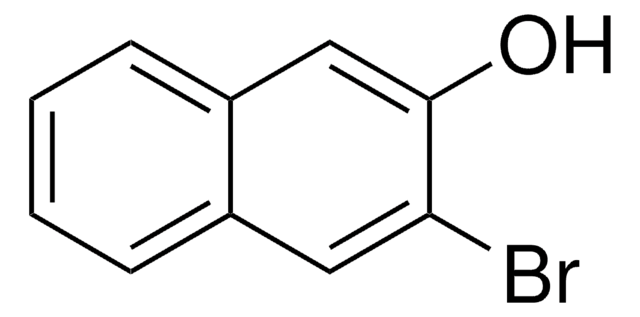
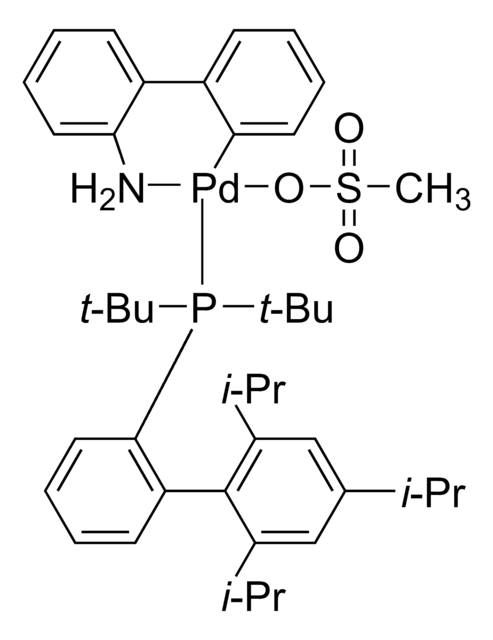
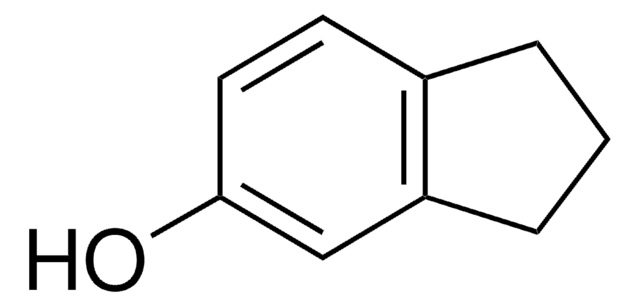
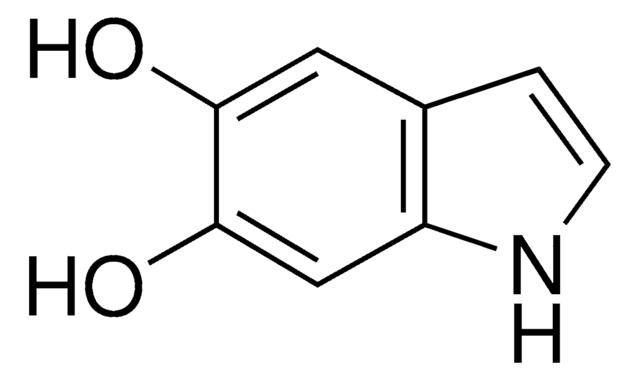
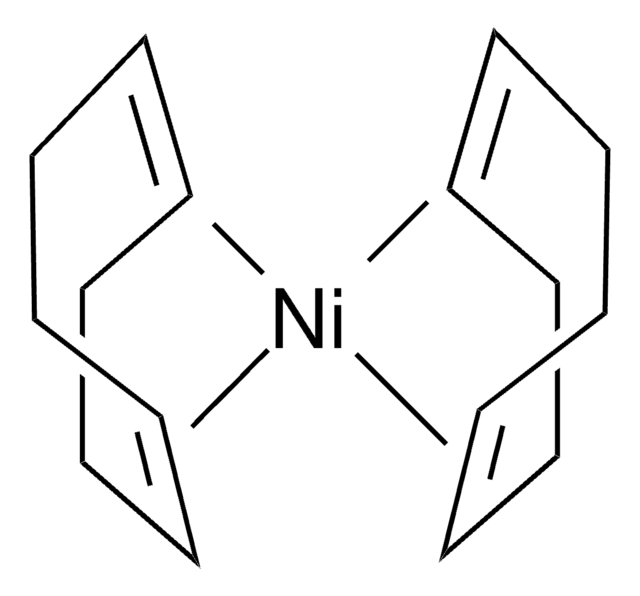
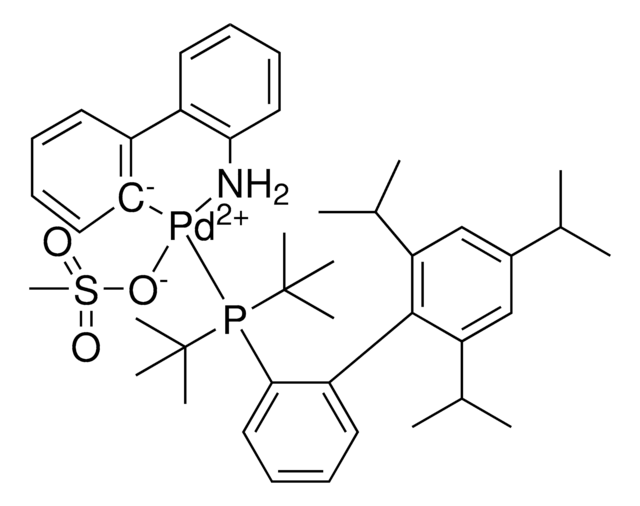
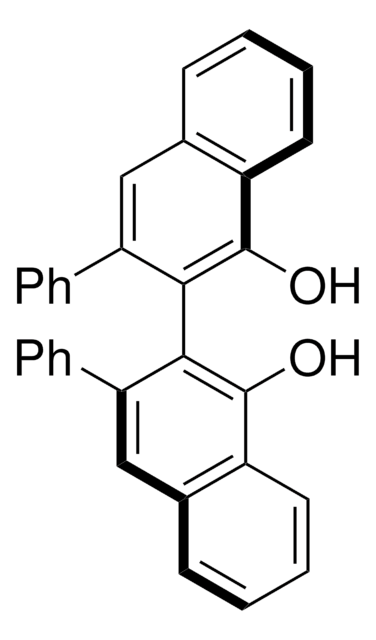

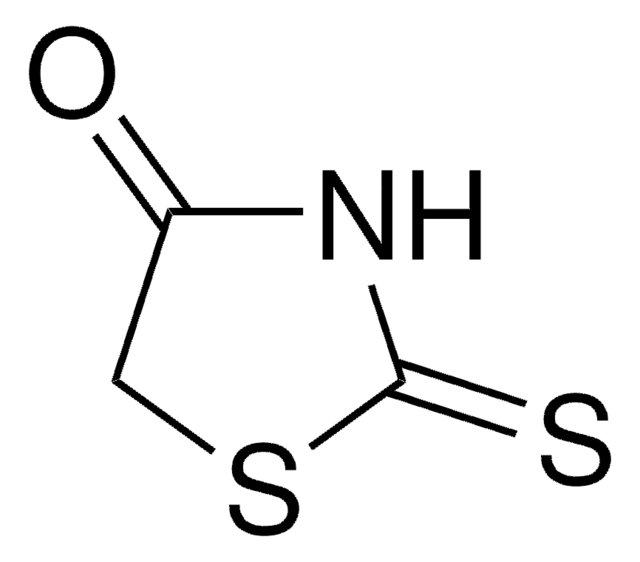
![[1,1′-Bis(diphenylphosphino)ferrocene]dichloropalladium(II), complex with dichloromethane](/deepweb/assets/sigmaaldrich/product/structures/825/986/4317978b-1256-4c82-ab74-6a6a3ef948b1/640/4317978b-1256-4c82-ab74-6a6a3ef948b1.png)
